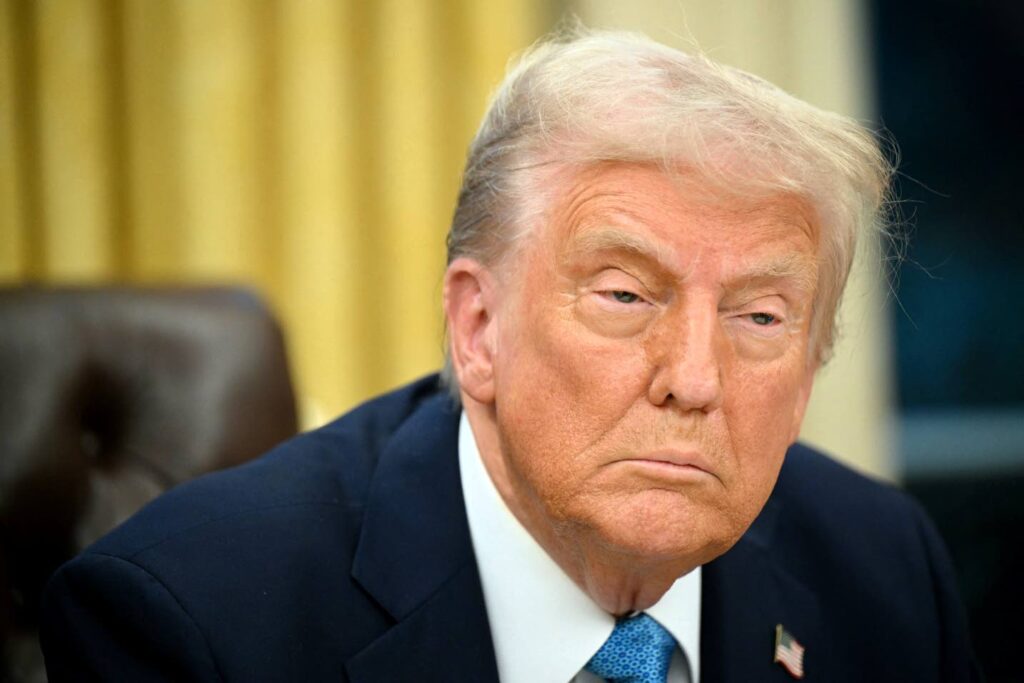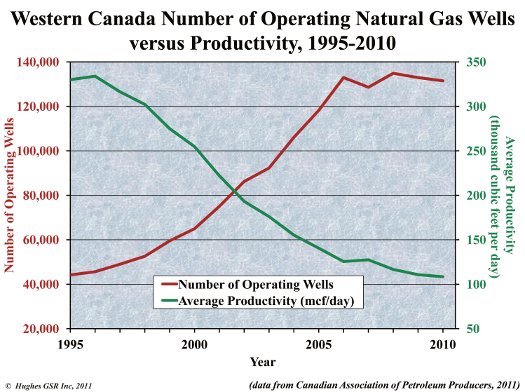The Zuckerberg-Trump Dynamic: Implications For Tech And Governance

Table of Contents
Facebook's Role in the 2016 Election and Beyond
Facebook's role in the 2016 US presidential election, and its aftermath, remains a subject of intense scrutiny. The platform's influence extended far beyond simple news dissemination; it became a battleground for shaping public opinion and influencing voter behavior.
Cambridge Analytica Scandal and its impact on public trust
The Cambridge Analytica scandal exposed the vulnerability of user data and the potential for its misuse in political campaigns.
- Data misuse: Millions of Facebook users' data was harvested without their consent and used to micro-target voters with personalized political advertising.
- Privacy violations: The scandal highlighted serious flaws in Facebook's data privacy policies and practices.
- Impact on election outcome: The extent to which this data manipulation influenced the election outcome remains a subject of debate, but its potential impact cannot be ignored.
- Regulatory responses: The scandal triggered widespread calls for stricter data privacy regulations, including the GDPR in Europe and increased scrutiny in the US.
The scandal severely damaged Zuckerberg's public image and eroded public trust in Facebook's commitment to user privacy.
Spread of Misinformation and Disinformation on Facebook
Facebook's algorithms, designed to maximize engagement, inadvertently amplified the spread of misinformation and disinformation during the 2016 election and beyond.
- Algorithms and their role in amplifying false narratives: The algorithms prioritized sensational content, regardless of its veracity, leading to the rapid dissemination of fake news and propaganda.
- Impact on political polarization: The spread of misinformation contributed to increased political polarization and societal division.
- Efforts to combat fake news: Facebook has since implemented various measures to combat fake news, including fact-checking initiatives and algorithm adjustments.
- Challenges in content moderation: Moderating content at the scale of Facebook remains a monumental challenge, with ongoing debates surrounding censorship and freedom of speech.
Analyzing Facebook's algorithms reveals a complex interplay between technological design and its societal consequences, underscoring the need for greater transparency and accountability.
Facebook's response to political advertising and foreign interference
The 2016 election exposed the vulnerability of Facebook to foreign interference through targeted political advertising.
- Transparency measures: Facebook has introduced measures to increase transparency in political advertising, requiring disclosure of who is paying for ads.
- Fact-checking initiatives: Partnerships with fact-checking organizations aim to identify and flag false or misleading information.
- Limitations of these efforts: These efforts have faced limitations, including the challenges of identifying sophisticated disinformation campaigns and the constant evolution of manipulative tactics.
- Ongoing challenges: The fight against foreign interference and the manipulation of political advertising remains an ongoing battle for Facebook and other social media platforms.
The Trump Administration's Approach to Tech Regulation
The Trump administration's approach to tech regulation was characterized by a mixture of antitrust concerns, battles over Section 230, and accusations of censorship against social media companies.
Antitrust concerns and investigations into tech giants
The Trump administration expressed concerns about the market dominance of large tech companies, including Facebook.
- Arguments for and against breaking up large tech companies: Debates raged about whether breaking up these companies would stifle innovation or promote fairer competition.
- The role of the Department of Justice: The Department of Justice launched antitrust investigations into several tech giants, including Facebook.
- Impact on innovation: The potential impact of antitrust actions on innovation and competition remains a key area of discussion.
The Trump administration's stance on antitrust significantly impacted the regulatory landscape for Facebook and other tech giants.
Regulatory battles over Section 230
Section 230 of the Communications Decency Act became a focal point of contention during the Trump administration.
- Arguments for and against reforming Section 230: Arguments centered on balancing free speech protections with the need to address harmful content online.
- Impact on free speech and online safety: Reforming Section 230 could have significant implications for free speech and online safety.
- Ongoing legislative efforts: Efforts to reform Section 230 continue to be debated in Congress.
The future of Section 230 remains uncertain, with significant implications for the operations of platforms like Facebook.
The Trump administration's response to censorship accusations against social media companies
The Trump administration frequently accused social media companies, including Facebook, of censorship and bias.
- Executive orders: The administration considered and implemented executive orders aimed at curbing perceived censorship.
- Accusations of bias: Accusations centered on the perceived bias of social media platforms against conservative viewpoints.
- The First Amendment implications: The debate touched upon the First Amendment rights of social media platforms and users.
- Potential impacts on freedom of speech: The actions and rhetoric surrounding these accusations raised concerns about the potential impact on freedom of speech.
The Broader Implications for Tech Governance
The Zuckerberg-Trump dynamic has far-reaching implications for tech governance globally.
- Increased calls for stricter tech regulation globally: The events of the past few years have intensified calls for stricter regulation of tech companies worldwide.
- The role of international cooperation: Effective tech regulation will likely require greater international cooperation.
- The challenges of regulating rapidly evolving technologies: Keeping up with the rapid pace of technological change poses a significant challenge for regulators.
- The debate between government oversight and self-regulation: The optimal balance between government oversight and self-regulation by tech companies remains a key debate.
The long-term effects of this dynamic will shape the future of online platforms, political discourse, and the very nature of democratic processes in the digital age.
Conclusion
The Zuckerberg-Trump dynamic has profoundly impacted tech regulation, political discourse, and democratic processes. The interplay between a powerful social media platform and a populist leader exposed vulnerabilities in the digital ecosystem, highlighting the urgent need for stronger regulations and increased transparency. Understanding the Zuckerberg-Trump dynamic is crucial for analyzing the impact of the relationship on social media, political advertising, and online content moderation. We must continue to research relevant legislation, participate in public discourse, and demand greater transparency and accountability from tech companies. Analyzing the impact of the Zuckerberg-Trump relationship and understanding the future of the Zuckerberg-Trump dynamic are crucial steps toward ensuring a more responsible and democratic digital future.

Featured Posts
-
 Who Inspired Gatsby Exploring The Real Men Behind The Fictional Icon
May 11, 2025
Who Inspired Gatsby Exploring The Real Men Behind The Fictional Icon
May 11, 2025 -
 Jamaica Observer Your Source For Grand Slam News
May 11, 2025
Jamaica Observer Your Source For Grand Slam News
May 11, 2025 -
 Aldo Returns To Featherweight A Ufc Legends Comeback
May 11, 2025
Aldo Returns To Featherweight A Ufc Legends Comeback
May 11, 2025 -
 Growth Of Canadas Leading Natural Gas Producer
May 11, 2025
Growth Of Canadas Leading Natural Gas Producer
May 11, 2025 -
 15 Years Later Jessica Simpsons Highly Anticipated Concert Performance
May 11, 2025
15 Years Later Jessica Simpsons Highly Anticipated Concert Performance
May 11, 2025
